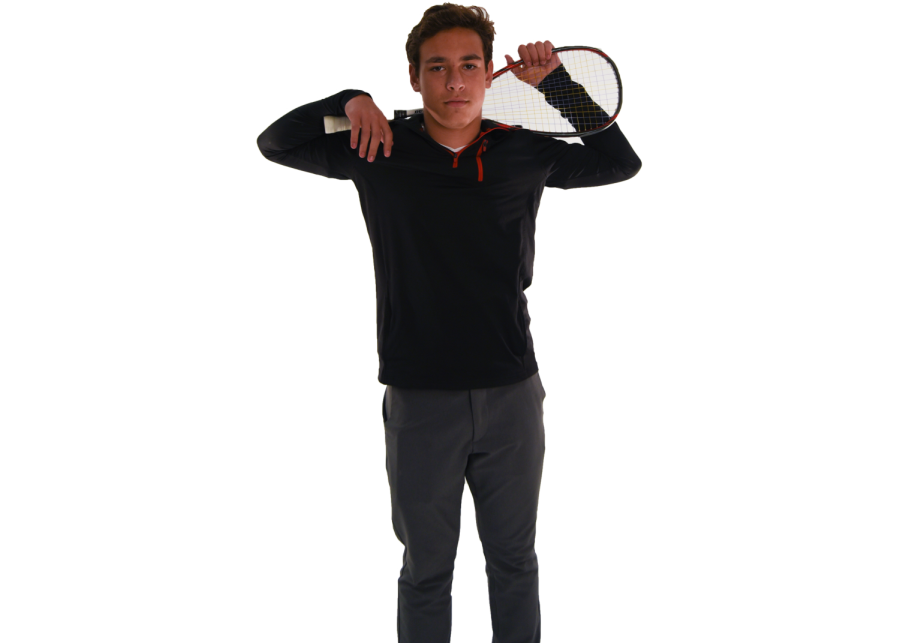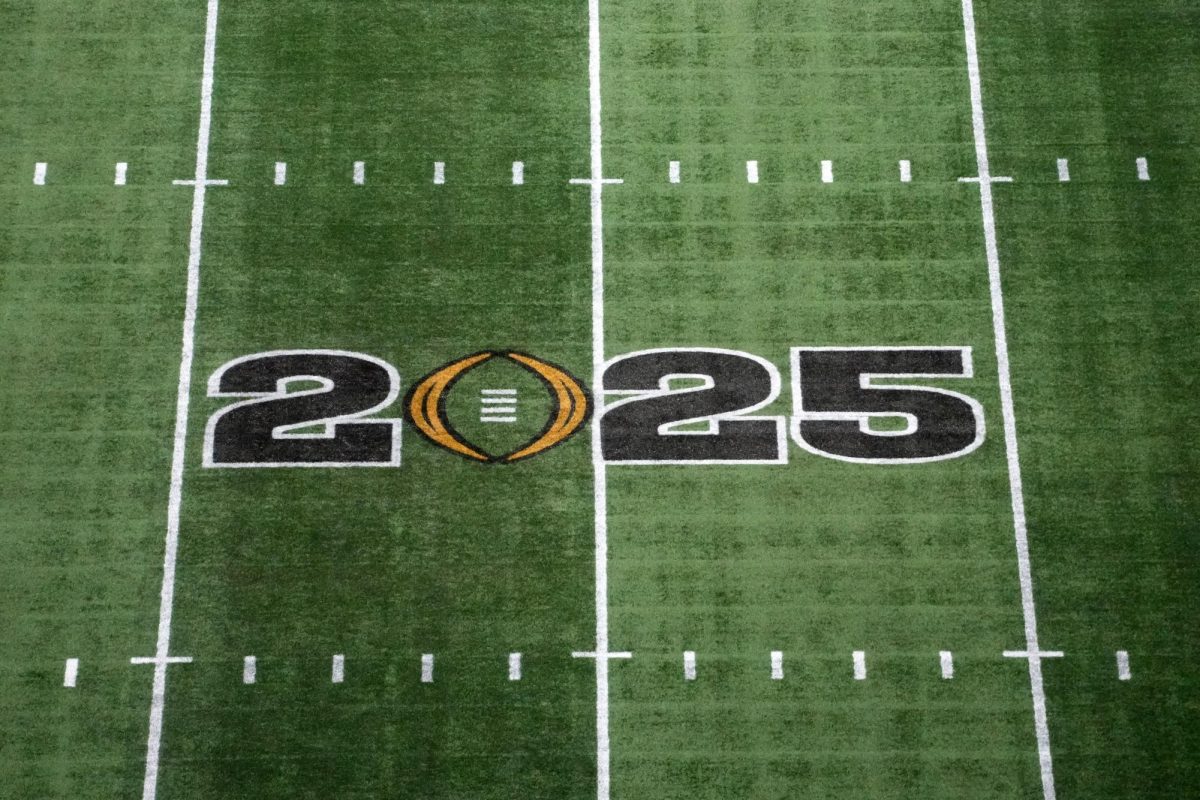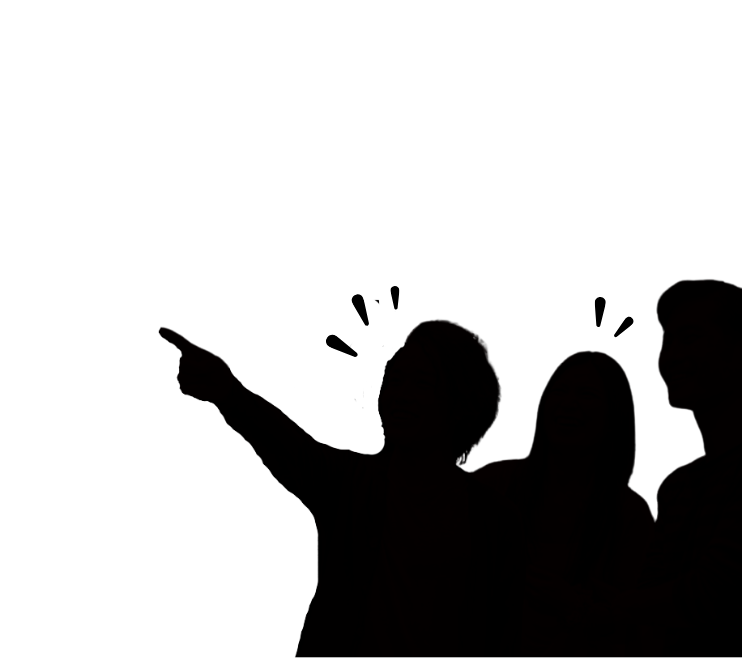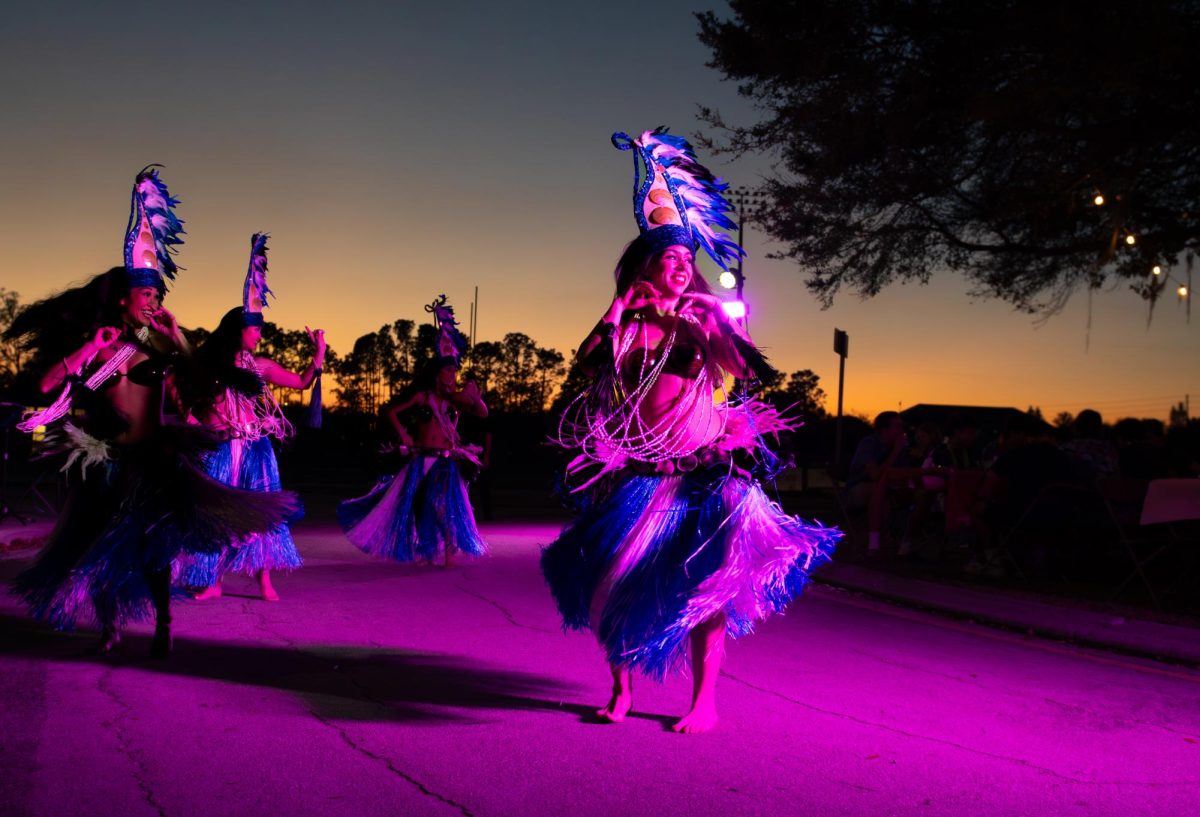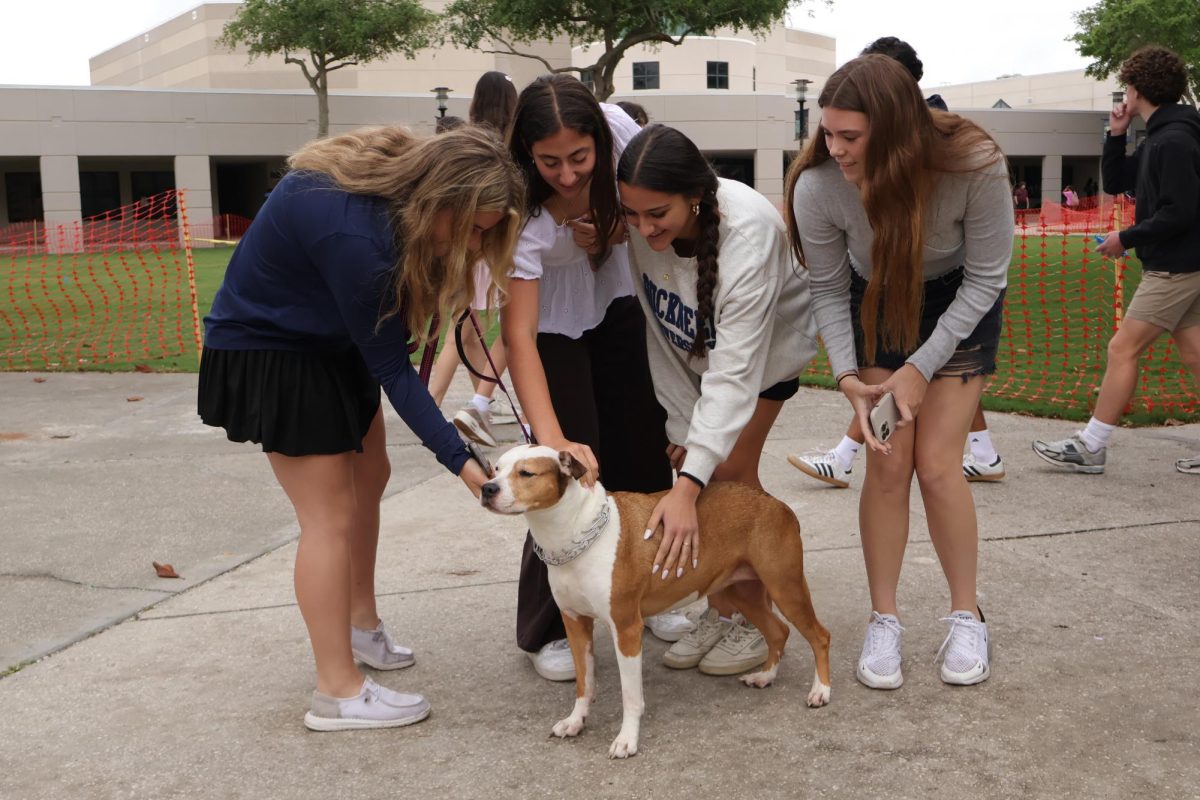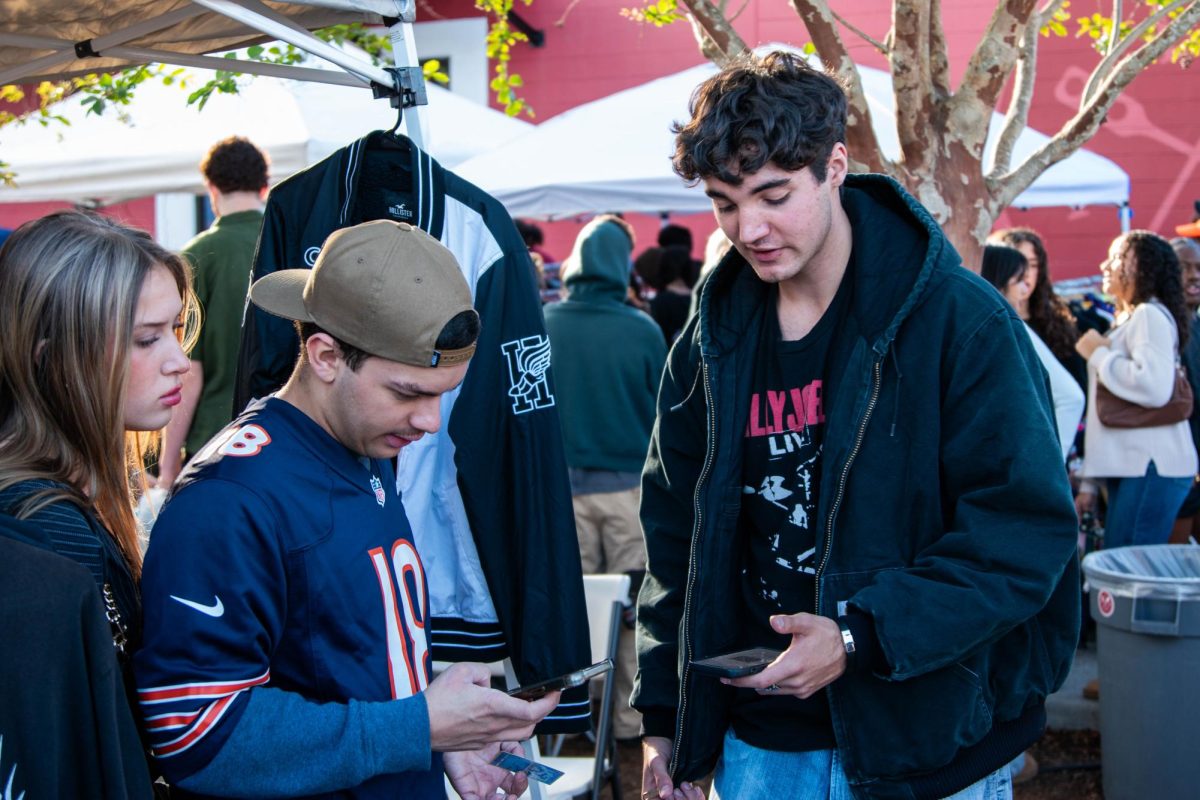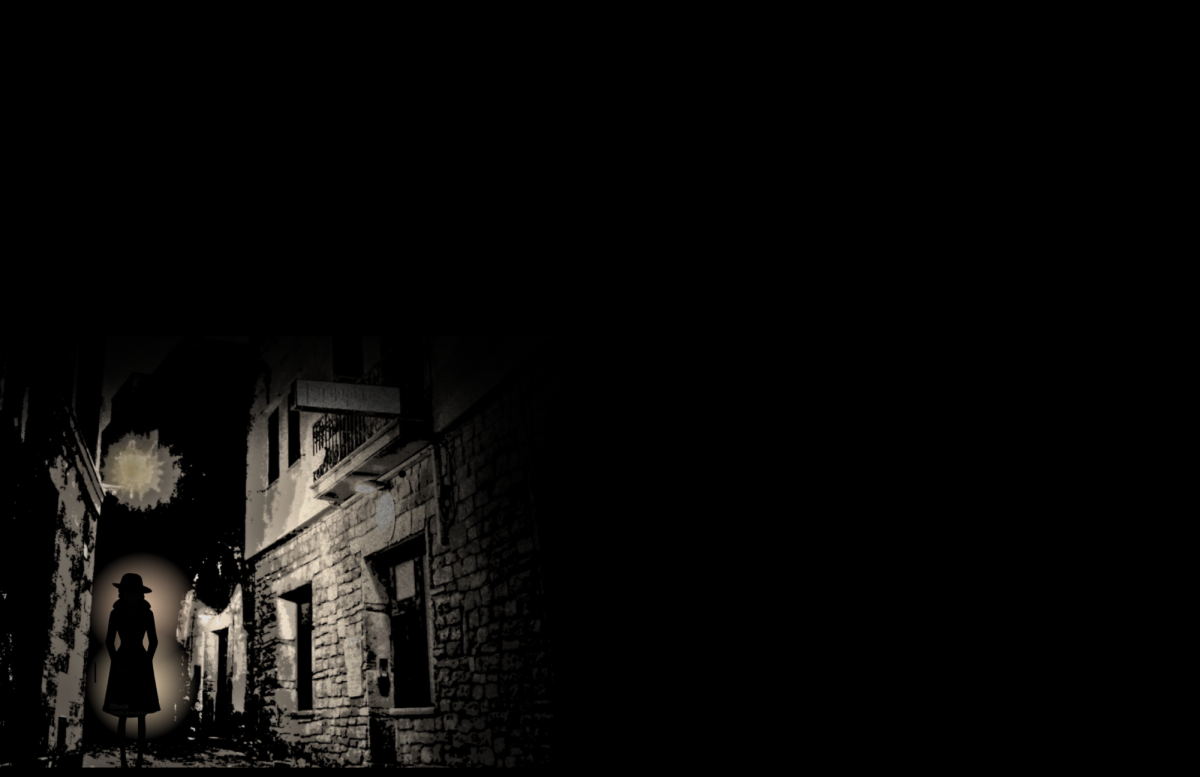As September rolls around and Labor Day approaches, most students and their families are scrambling to squeeze in one last trip to the beach. For freshman Caio Marques, the beginning of September serves as a time to celebrate his home country’s independence day.
On September 9th, the Marques family celebrates Brazilian Independence Day, something different than that of most families in September. Apart from celebrating this special day, Marques can also be found in a four-walled court playing squash.
Squash is similar to racquetball, but with more boundaries and rules. Marques described it as “very methodical;” so much so that some refer to the sport as “chess in the court.” While playing, one must remain focused, while at the same time thinking five or six shots ahead in the game.
Originally from Brazil, Marques discovered his passion for squash through the influence of his father.
“I started off playing tennis, but I didn’t really like it,” Marques said. “My dad used to play squash, and one day I saw him playing. I was like ‘I want to try this out’, and then all of a sudden I was playing more.”
In Brazil, Marques competed in many different squash competitions, but in the U.S., he has only competed in one. After three years in the U.S., he noticed some differences between Brazilian squash and American squash.
“In Brazil, people didn’t take it as seriously as they do here,” Marques said. “I feel like it was more of a hobby for people there, but here it is more of a main sport.”
In addition to his love for the sport of squash, Marques possesses a unique background having lived in Brazil for many years. Marques recalls the dangerous atmosphere of his home country.
“It’s very dangerous,” Marques said. “I lived in Sao Paulo which is a very hectic city. Everyone with a good social status had bullet proof cars, because they were a sort of necessity. There was also a lot of traffic and corruption.”
In his free time back in Brazil, Marques often played soccer with friends. He used to play the sport competitively, but since it consumed so much of his time, he switched to focusing more on just squash.
“Everyone plays soccer there,” Marques said. “It’s more than just a sport…it’s a part of the culture.”
Marques moved to Florida about three years ago due to Brazil’s high crime rate and violence. His father’s business is also located in Oviedo, which made the familie’s decision even more logical.
So far, Marques has enjoyed his time as a student at Trinity Prep, but he finds that education differs greatly in Brazil and the U.S. is school. Marques describes schools in Brazil and Trinity as opposites.
“Trinity is nice,” Marques said. “It is a very good school, and people take it seriously, unlike in Brazil. It is hard, but they want the best for us. In Brazil, neither the teachers nor the students took it very seriously.”
The government in Brazil also does not allocate taxpayer’s money towards public education, so education in general is not great. Academics at private schools are slightly better, but not by much.
“I never had to study for a test in my life,” Marques said. “It’s really just more serious here. Teachers want you to succeed.”
Due to the violence and corruption in Brazil, Marques said there are things he can do here that he could not do back home.
“I like to bike around a lot,” Marques said. “If you did that in Brazil, you’d get kidnapped or have your bike stolen.”
Although he is only a , Marques believes he might want to study engineering in the future.
“I’ve always had a passion for cars and machines in general,” Marques said. “I think I would like to be a mechanical engineer.”
Despite the many interesting experiences and talents that make Marques stand out, he insists that he is really “pretty regular.”



